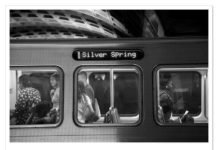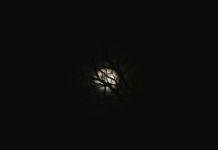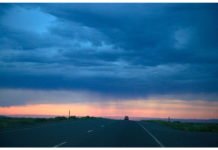
Cornelian Cherry Seed
—While Pushing Mr. Jeon U-ik’s Wheelchair
During the hot summer of 2003,
When Mr. Jeon was hospitalized in Daegu after an accident,
I pushed his wheelchair for a few days, trying to find some shade.
I had once pushed his back while we climbed up a hill to Cheongnyang Temple in Bonghwa.
Then he kept asking questions, as if asking questions was the way to enlightenment:
Why has Korea never had a revolutionary poet like Tao Yuanming?
Why has there not been a children’s story writer like Kwon Jeong-saeng after him?
Why is a grain of rice the heaviest thing in the world?
Why do we call the flowering of rice “coming out in ears” instead of “blooming”?
Why does a grapevine spread its roots on and on toward the desert?
Why does a kite break its own beak and pull out its own talons on a rock?
Why can something big not be something small at the same time?
Why did the world turn tragic from when human beings stood up straight?
Why, why, why…
The questions still ring in my ears nine years after his passing.
I remember the story of yellow cornelian cherries whenever an election approaches—
a story that is included in Mr. Jeon’s book What Fun Is It to Live Comfortably Alone?
One day,
While Mr. Jeon was planting cornelian cherry saplings on his farm,
His neighbors clucked their tongues, wondering when the saplings would grow big enough to make money.
Five years later, a few yellow flowers bloomed,
And ten years later, they turned into a yellow forest, filling the entire village with fragrance.
Mr. Jeon nurtured and distributed cornelian cherry saplings to his neighbors.
Occasionally, some of the people wanted seeds instead of saplings.
Grinning meaningfully at this point of the story, he asked me,
Which would you prefer: seeds or saplings?
I also grinned, and said that I would want neither,
Adding that they would be wasted
Unless I plowed the soil completely, as the soil was in bad shape.
Grinning again, Mr. Jeon nodded.
Dusk descends onto the shaded hospital garden.
As the darkness and light cross each other, everything is being erased.
The in- and outside of life might be like the vague light of this moment.
Those trees, which were seeds yesterday, will become ashes tomorrow.
Rice flowers might bloom, like grains of rice, from that heap of ashes.
This wheelchair that you can move by rolling the two wheels with your hands
Leaves tire tracks only as deep as the strength you deliberately apply to the wheels.

Lee, San-ha 1987, when he was active in the propaganda of Democratization Movement Youth Union, Lee San-ha announced the epic poem, which reveals the genocide and truth of ‘Jeju 4 · 3
Translated by 전승희 Seung-Hee Jeon
(literary critic and translator, editor of Asia: A Magazine of Asian Literature)










